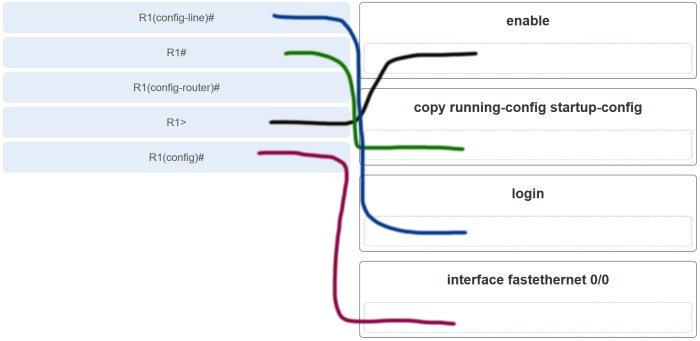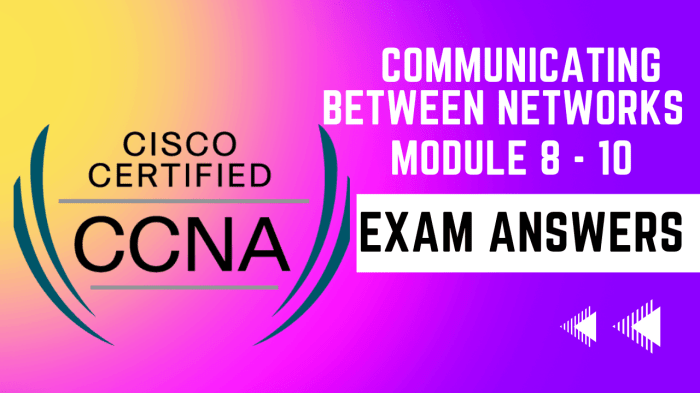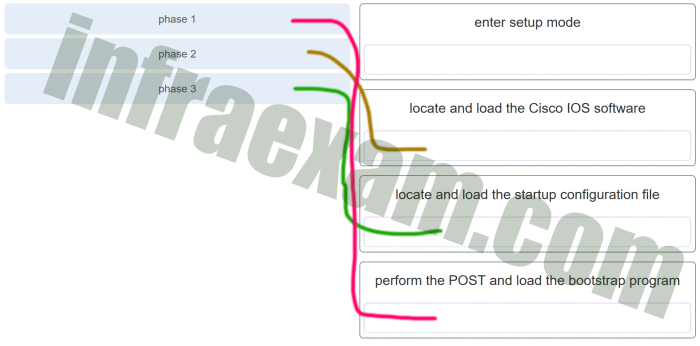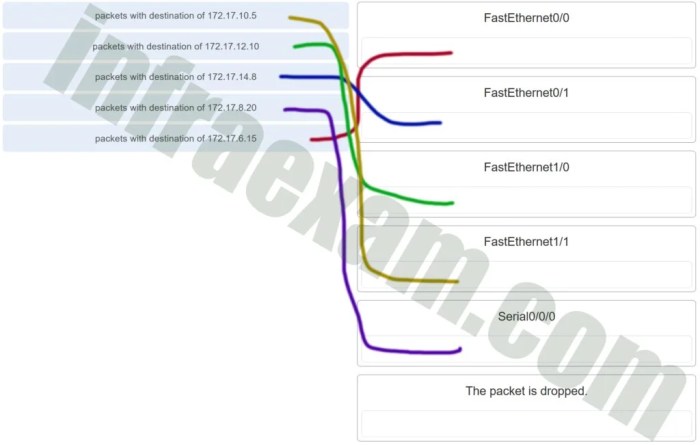Modules 8 – 10: communicating between networks exam – Modules 8-10: Communicating Between Networks Exam delves into the fundamentals of network communication, providing a comprehensive understanding of the technologies, protocols, and security measures that underpin the seamless exchange of data across networks. This exam covers a wide range of topics, from the basics of network protocols to advanced concepts in routing, switching, and network management.
The content of the second paragraph that provides descriptive and clear information about the topic
Overview of Modules 8-10: Communicating Between Networks Exam: Modules 8 – 10: Communicating Between Networks Exam

Modules 8-10 of the Communicating Between Networks exam cover the essential concepts, technologies, and practices involved in communication between networks.
Key topics include network protocols, routing and switching technologies, network security, and network management.
Network Protocols and Standards
Network protocols are essential for communication between networks, providing a common language and set of rules for data exchange.
- Different types of network protocols include TCP/IP, UDP, and HTTP.
- Network standards, such as IEEE 802.3 and Ethernet, ensure interoperability between devices from different vendors.
Routing and Switching Technologies
Routing and switching are fundamental technologies for directing data traffic through networks.
- Routing protocols, such as RIP and OSPF, determine the best path for data packets to take.
- Switching techniques, such as circuit switching and packet switching, provide efficient and reliable data transmission.
Network Security
Network security is critical for protecting networks from threats and vulnerabilities.
- Threats include malware, phishing, and hacking.
- Network security measures include firewalls, intrusion detection systems, and encryption.
Network Management, Modules 8 – 10: communicating between networks exam
Network management is essential for maintaining network performance and reliability.
- Tools and techniques for network management include network monitoring systems, configuration management tools, and performance analysis tools.
- Network management challenges include scalability, complexity, and security.
FAQ Explained
What is the purpose of network protocols?
Network protocols define the rules and procedures that govern the communication between devices on a network, ensuring that data is transmitted and received accurately and efficiently.
What is the difference between routing and switching?
Routing is the process of determining the best path for data to take across a network, while switching is the process of forwarding data from one network segment to another based on the destination address.
What are the key principles of network security?
The key principles of network security include confidentiality, integrity, and availability, which aim to protect data from unauthorized access, modification, or destruction.


